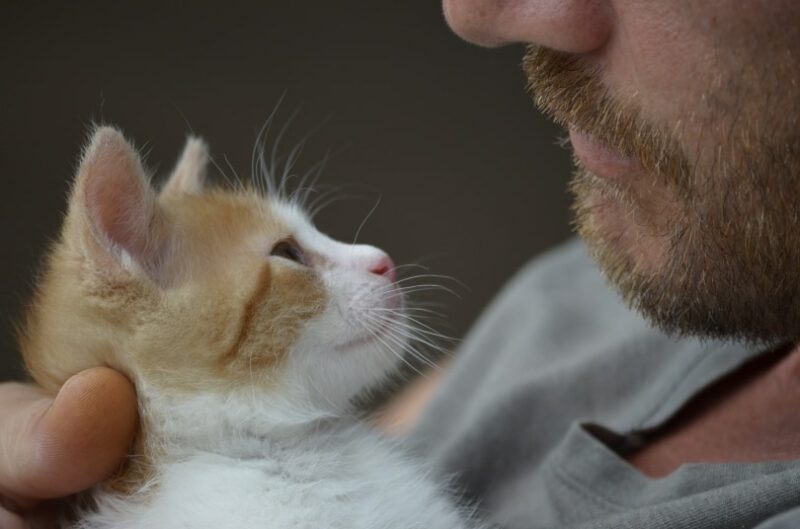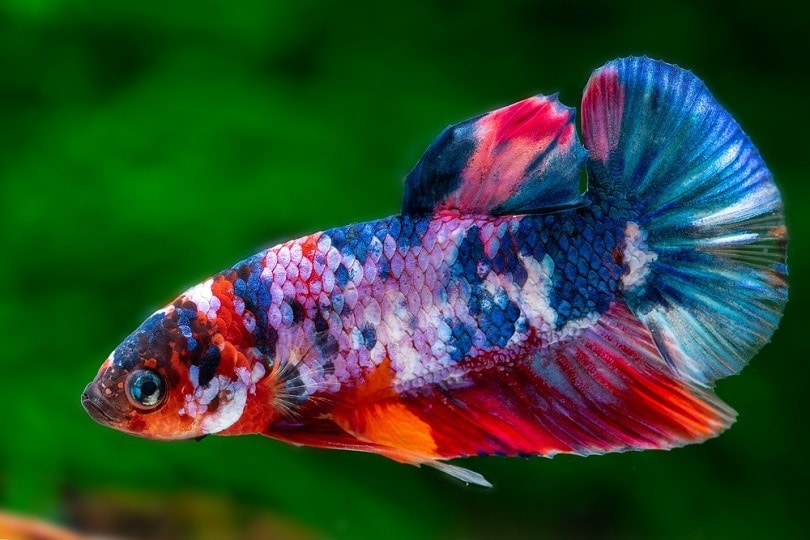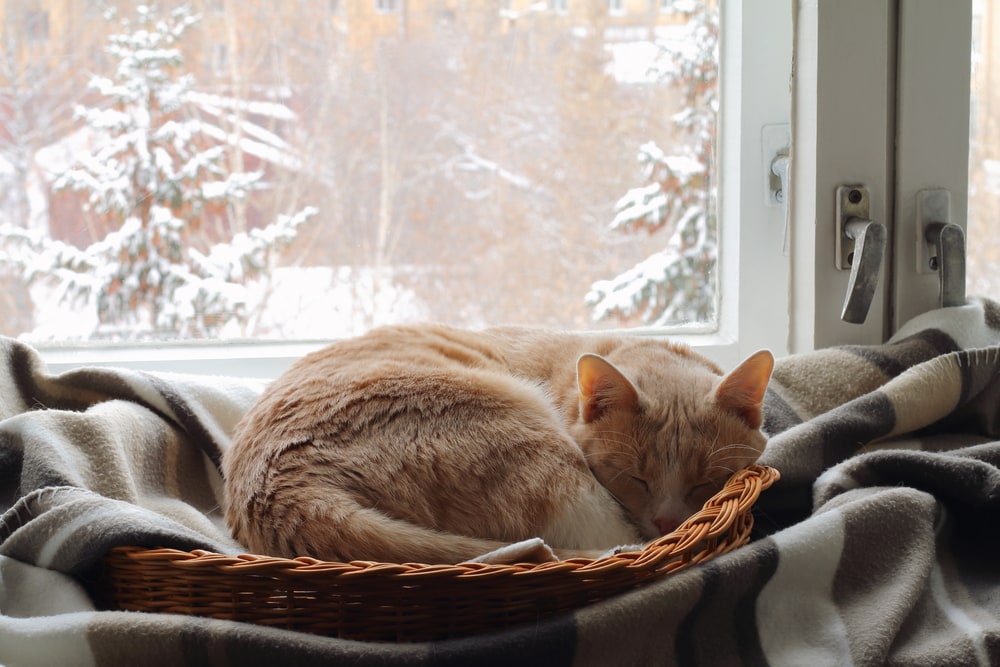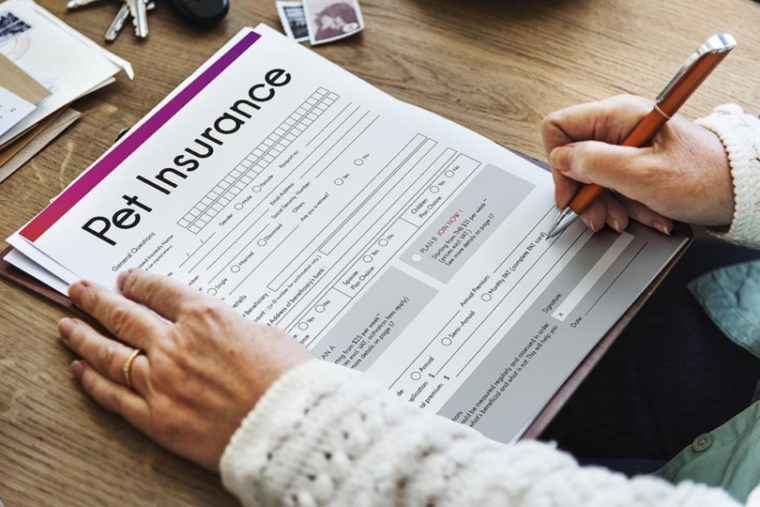
When scanning through various pet insurance options, it’s easy to go straight to the sections on emergency and injury coverage, the premium cost, and the amount of coverage offered per year. However, your pet is going to need regular dental treatment, whether that be for screenings, cleanings, or dental issues. Pet dental care can add up, so it’ll benefit you if your pet insurance covers it.
Unfortunately, dental care often isn’t included in insurance policies as standard, and you’re likely to have to pay extra for it as an add-on. With said add-ons, certain policies may only cover dental accidents or accidents and dental illness. Some insurers may only cover one or both until a certain age.
The amount of dental coverage and what is included in that coverage varies between pet insurance companies. Always compare different pet insurance companies and the policies they offer to find the one that best works for you and your pet.
Is Dental Coverage Necessary for Pets?
Looking back over your life, you’ve probably had your fair share of dentist visits. If you’ve never been to the dentist for cleanings and care, you might encounter issues later in life that could have been prevented earlier on. The same is true for your pet. Their teeth need to be looked after to prevent pain and more serious issues down the road.
Pets are not exempt from cavities, tartar build-up, ulcers, and infection. If infection from your pet’s mouth works its way into their organs or bloodstream, they may face dire consequences.
Pets often don’t show symptoms of dental disease, and that’s why regular trips to the veterinarian are necessary, as they are the ones who will be able to uncover these kinds of conditions. Certain dental diseases are common in pets and have a high price tag that dental cover can protect you from.1
Pet insurance policies that include dental cover or allow dental cover to be added on will be pricier than policies without it. However, if you consider the process involved with a simple tooth extraction due to an injury, there are many costs involved you’ll have to pay, such as the consultation fee, x-rays, the disposable material, instruments, equipment, and anesthetic, which could amount to hundreds of dollars.
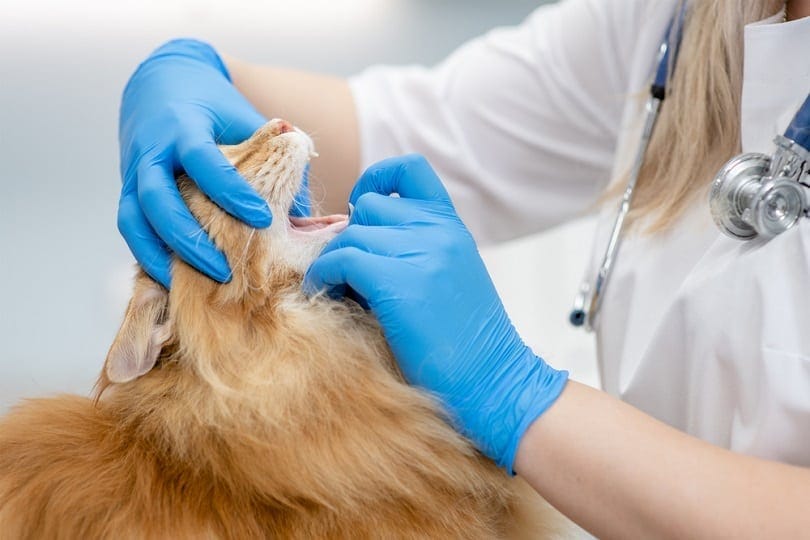
What Does Pet Insurance Cover regarding Dental?
As mentioned earlier, some insurance policies will cover dental if the dental injury was caused by an accident, while other policies cover dental accidents and illness.
Some pet insurance companies cover these dental problems and services:
What Doesn’t Pet Insurance Cover Regarding Dental?
Once again, dental coverage differs between pet insurance companies, however, these are a few common pet dental conditions and services that most policies won’t cover:
Most plans also won’t cover things relating to dental upkeep, such as pet toothbrushes and dental supplements. If your pet insurance only offers accident-related dental coverage, they won’t be covered for dental illnesses.
There may be requirements around the policy as well. Some pet insurance companies will cover dental illness but only for pets under 3 years old. Unfortunately, many pets who suffer periodontal disease—the most common dental condition—only show signs from around the age of 3 years old.
Some pet insurance companies will only pay out for dental illnesses if you’ve taken your pet to the veterinarian for a dental check-up and cleaning each year—at your own expense.
Although dental check-ups and cleanings add up, routine dental care costs much less than having to pay for treatment and care relating to dental illnesses, which is why dental cover is so important.
If you are looking for the best dental plan, we recommend checking a few different companies to compare policies and find the one that best fits your needs.
Top Rated Pet Insurance Companies:
Anesthesia for Pet Dentistry
Unfortunately, pets don’t understand why they’re at the vet and what the vet is doing with their fingers and instruments in their mouths. They don’t understand the importance of keeping still and cooperating so that the vet can thoroughly examine their teeth and mouths.
Often, pets can feel overwhelmed and stressed by the new environment or people and show aggression out of fear. Although humans tend to go under anesthesia for surgeries, pets often require it for their own safety, the safety of the vet, and to make the process smoother without injuring the pet or missing something of importance due to their squirming.
Of course, the consultation, x-rays, and anesthesia all add up and may leave you with a big vet bill.
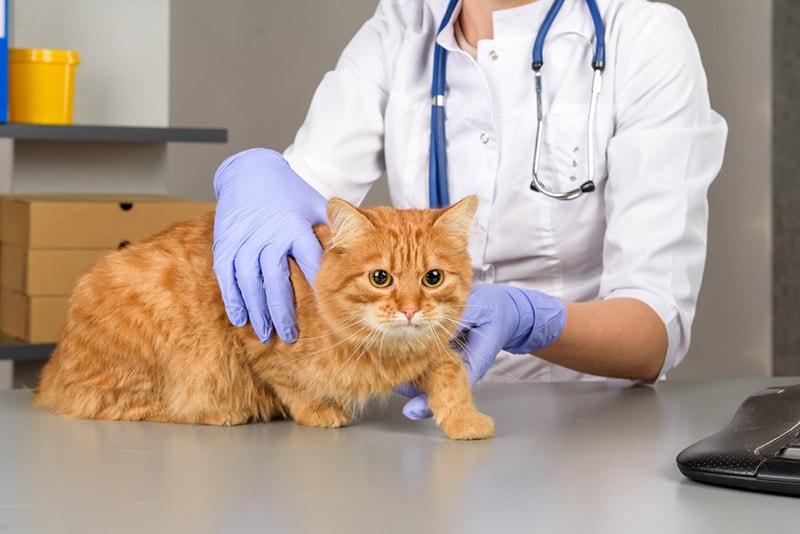
Pet Insurance Companies Worth Considering
If the cost of dental care makes you nervous because you don’t have large savings to draw from if or when your dog needs it, you should consider a pet insurance company that offers coverage for both dental accidents and illnesses. Here are a few good options:
How To Lower Pet Dental Care Costs
If you’re worried about large bills and your pet’s dental health, there are a few things you can do to keep both under control.
A Pet Insurance Plan with Dental Coverage
As we’ve already discussed, having pet insurance with dental coverage included or added to the policy will keep you out of debt when dental emergencies arise.
A Pet Wellness Plan
Wellness plans often include routine dental care, such as teeth cleaning. Although it will increase your monthly or annual premium, it may result in lower costs than paying for checkups and cleanings out of your own pocket.
Annual checkups are essential for catching and treating problems early to slow or prevent dental illness progression as well as to keep your pet pain-free and comfortable.

Preventative Care
Many gum diseases occur due to poor oral hygiene. To prevent dental diseases, make sure to avoid feeding your pet sugars and regularly brush their teeth to break down tartar buildup.
Have Savings
Although you may be paying for pet insurance every month or once a year, there are other costs to consider. For example, you may still need to pay for certain medications, dental chews, toothbrushes, and toothpaste for your pet that the policy doesn’t cover.
You’ve also got to have money aside for the deductibles, which is the amount you have to pay before the insurance company pays you out. Having money saved that you could draw from will help you cover costs that you wouldn’t be able to with your day-to-day cash flow.
Conclusion
Not all pet insurance companies cover dental, and you’re likely to have to pay extra for it. Some policies cover dental accidents, while others offer both dental accidents and illnesses. It’s important to do your research and find the pet insurance that offers the dental coverage you desire for your pet, as many policies have age limits and other requirements that may prevent you from being paid out if not met.
Featured Image Credit: Rawpixel.com, Shutterstock



